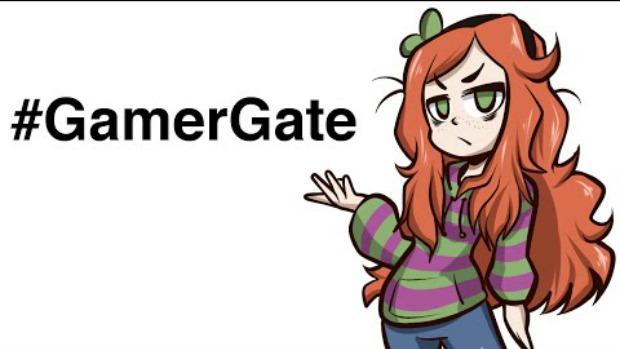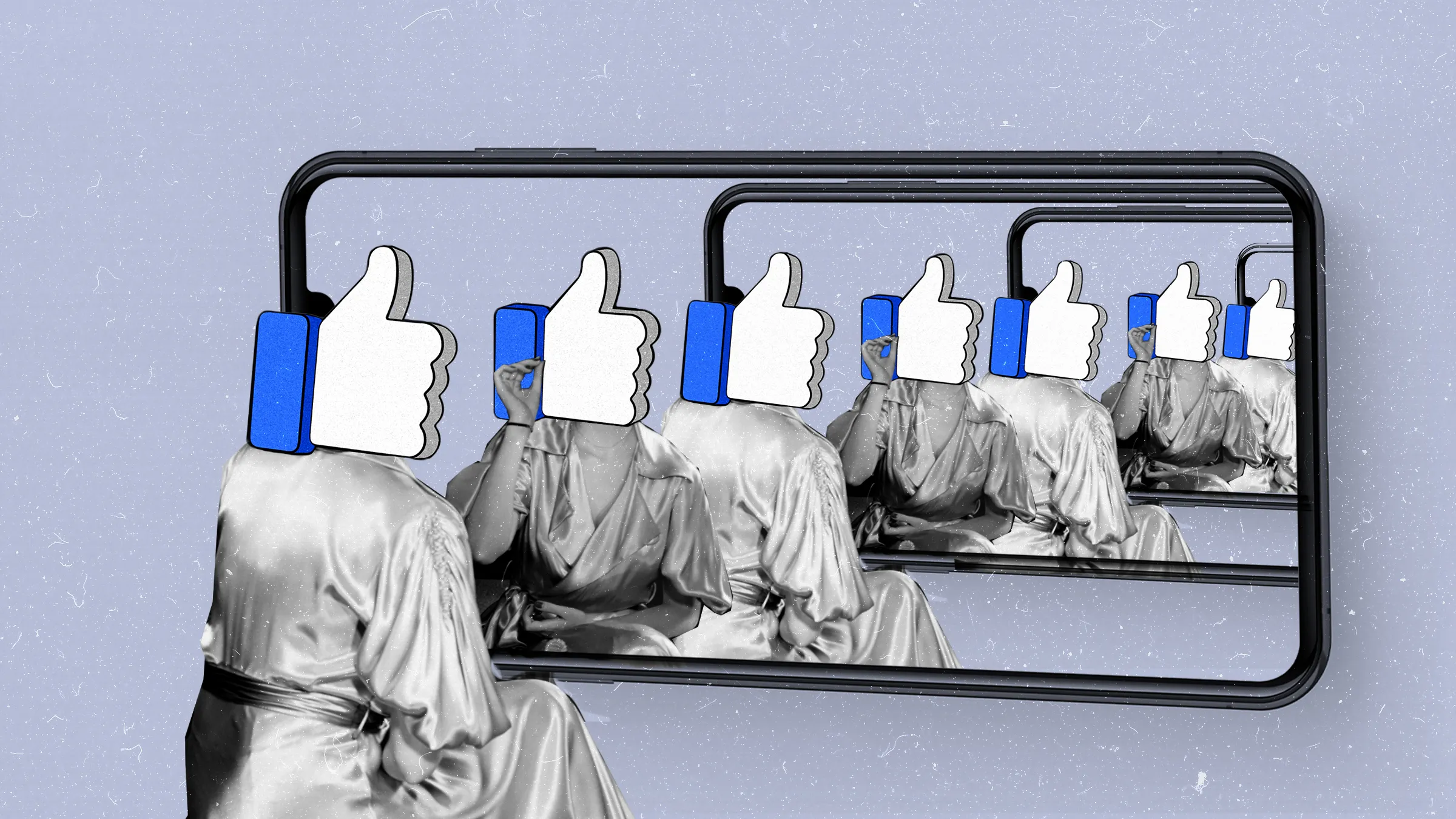Social media have always had the potential for organized hate and extremist ideologies. They lowered the investment threshold for communication, and created a space where identities and individual experiences are masked. This opened new avenues of communication between people that were impossible before. Unlike in real life, people with extremist ideologies congregated in these spaces to advance their agenda. Among them, “Gamergate” saw one of the most significant backlashes to progressivism and diversity in online culture. Though loosely organized and seemingly directionless, they usually targeted specific groups of female and LGBTQ gamers, and proliferated a toxic culture.
Since the early years of Gamergate, online communities have developed significantly, and is now more prevalent today than ever before, with online movements making their way into real-world campaigns. In time, social media today quickly “modernized” into a feed-based system, which helped propagate false information and shared ideologies within echo chambers. With this algorithm, people are quickly grouped together based on their interests and beliefs, and never incline to leave their social bubbles.

But there’s something interesting in Gamergate’s precedence to all of this. It seems to me that video games are really the first modern social media, and Gamergate simply a product of its form. In its earliest stages, the video game community primarily consisted of white men, who, due to numerous factors such as social status and occupations, were but the few people with access to this technology. The composition of video game’s initial fanbase contributed to its later marketing campaigns and advertisements, which likewise targeted towards a male audience. Just like the echo chambers in modern social media, video games attracted more of the same fans, with a particular social background. These carefully selected patrons were more likely to share a common ideology, the most extreme of whom formed communities such as Gamergate. By selectively appealing to a particular group, video game advertisements essentially set the precedent for modern social media algorithms.
So what does this mean for us? Even in the diversified gaming industry of today, this stratification still exists. Grouping of video games into genres in some way also signifies the grouping, tagging, and isolation of each fanbase/demographic from one another. Are there ways to circumvent this, or is this the unfortunate reality of any digital medium? Do video games have the obligation to widen their appeal?

